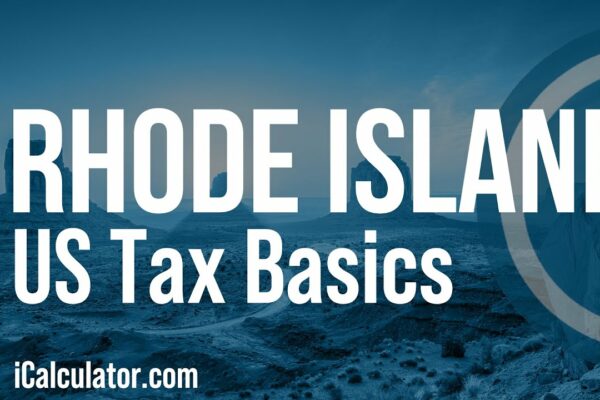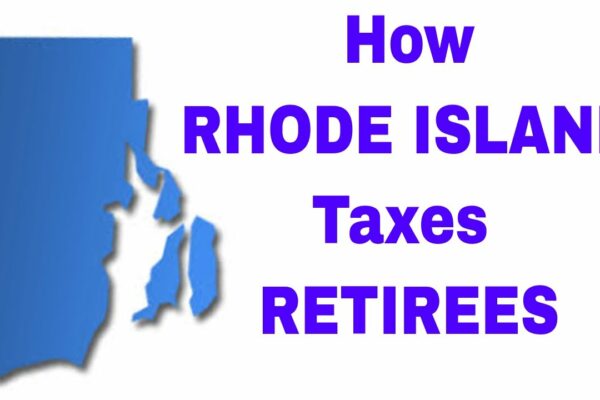
Is there local income tax in Rhode Island?
Rhode Island is one of the few states in the United States that does not impose a local income tax. Residents of the state only need to concern themselves with the state income tax, which is based on a progressive tax system. This absence of local income tax simplifies the tax obligations for individuals and businesses in Rhode Island, making it an attractive destination for those seeking to avoid additional tax burdens.



